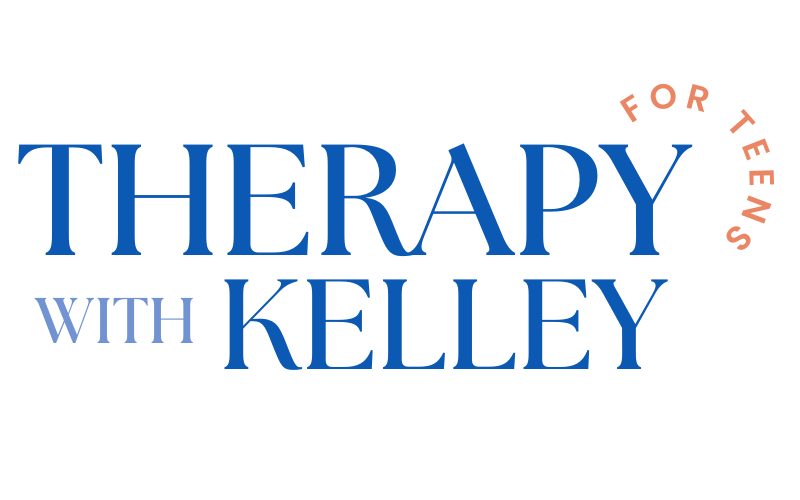Tips for Reducing Finals Stress
Most of us have had the experience of jitters before, during, or even after a test. Certainly, a certain amount of nervousness in the face of something that can feel both challenging and critical is reasonable, sometimes even helpful. But for some students, test taking can invite a level of fear that completely paralyzes their ability to perform and can render all that essential studying useless. Affecting performance, self-esteem, and other forms of anxiety, test anxiety is a serious issue which can derail an otherwise prepared student on test day.
According to the ADAA, symptoms of test anxiety can produce physical symptoms such as upset stomach, increased heart rate, struggles to breath and excessive perspiration. Symptoms of test anxiety can also affect a test taker cognitively and emotionally, resulting in struggles to concentrate as well as feelings of helplessness, doubt, and agitation. If you or someone you love experiences these symptoms, it may be test anxiety.
Recognizing these struggles as symptoms of anxiety and addressing them can help manage test challenges more effectively. Read on for some practical tools for coping with test-taking anxiety:
Study the Right Way
Preparing oneself effectively for a test is a helpful way to decrease test anxiety, the problem is most students struggle with how to do this productively. Those who are overly anxious about test performance may be tempted to “cram” as much as possible in the night leading up to a test. Others may choose to spend extended hours dedicated to studying in preparation for the big quiz. In both cases, study time isn’t being utilized effectively, resulting in decreased preparedness on the big day. According to the APA, spacing and shortening study sessions results in increased memory retention and enhanced performance.
Mediate
Meditation and mindfulness are self-care tools chocked full of endless benefits- one of which includes anxiety reduction. For those that experience many of the symptoms related to test anxiety, breathing, visualization, and mindful awareness can be a helpful tool in navigating these struggles effectively. Check out our article about meditation resources here!
Ditch the caffeine
For most of us caffeine is synonymous with productivity and focus, but for those that struggle with anxiety, caffeine is like gasoline to a flame. Rather than drinking coffee, which has been studied for its tendency to increase anxiety, depression, and hostility, test takers prone to anxiety should opt to decrease and eventually eliminate their caffeine consumption. Check out this great article which outlines why and how to kick your coffee habit.
Exercize
Exercise can play a powerful role in anxiety reduction. According to both the Mayo Clinic and ADAA, test anxiety is no exception when it comes to the powerful effects exercise can have on reducing stress. While its recommended to engage in 30 minutes of aerobic activity 3-5 days a week, some suggest that even 10-15 minutes of exercise can help reduce depression and anxiety.
Catch Your ZZZ’s
Sleep, which often suffers when our anxiety spikes, plays an integral role in anxiety management. Not only does sleep help improve concentration and focus, but lack of sleep can also cause increased depression and anxiety. The good news- many of the tips aimed at helping reduce stress are also suggested for improving sleep quality (hello multitasking!). In addition to exercise, meditation, and caffeine reduction- try to aim for at least 8 hours of sleep daily while going to bed and waking up at the same time.

